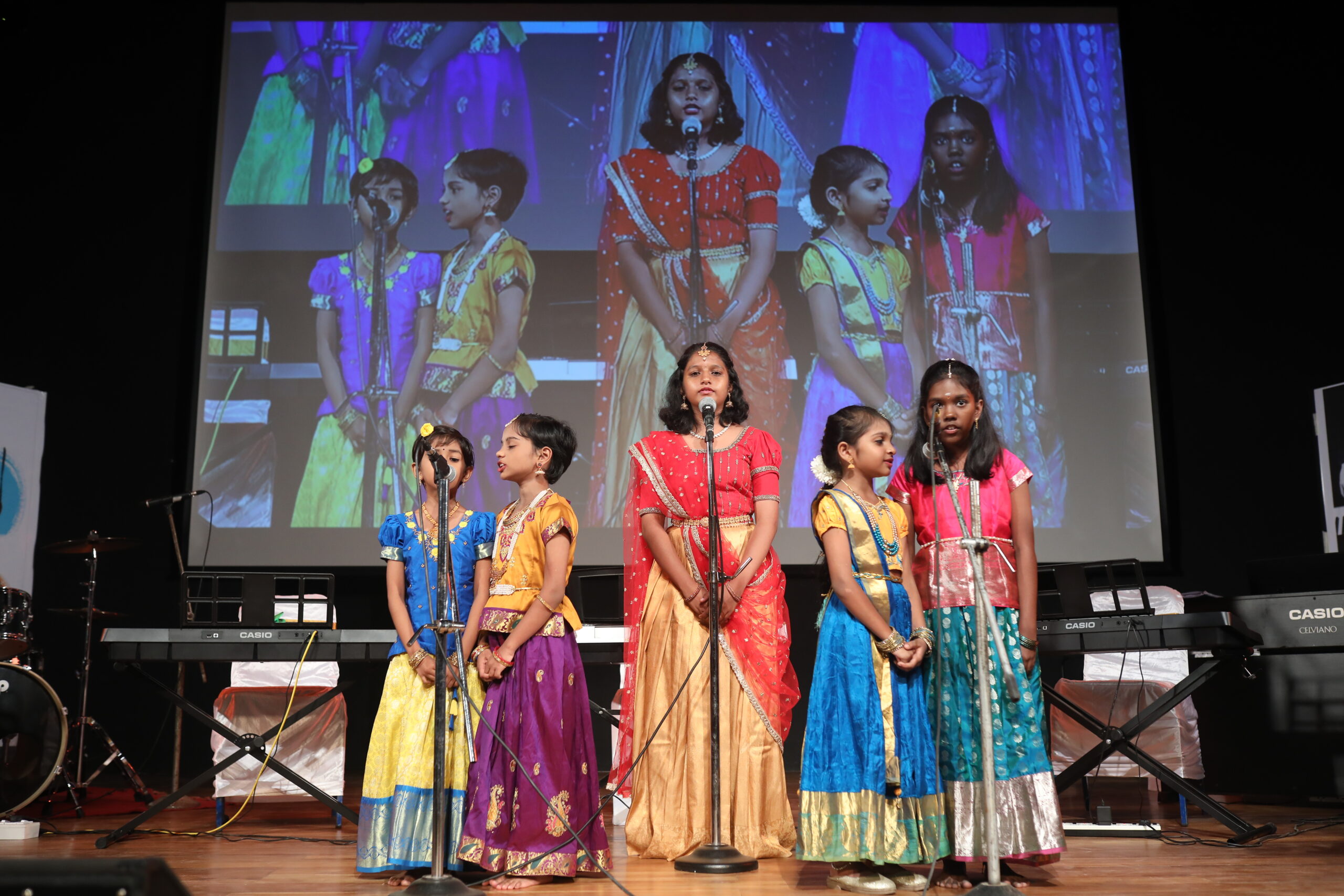vocals
Western Vocal Classes
At our Western Vocal Music School, we are passionate about nurturing musical talents and helping aspiring vocalists unleash their full potential. Whether you're a beginner with a desire to learn or an experienced singer aiming to refine your skills, our comprehensive curriculum and experienced instructors will guide you on an inspiring musical journey.
Vocal Technique: Western vocal classes provide a structured approach to learning proper vocal techniques. This includes breath control, pitch accuracy, vocal range expansion, vocal resonance, and control over vocal registers (chest, head, mixed voice).
Diverse Genres: Western vocal training covers a wide range of musical genres, from classical to contemporary pop, rock, jazz, musical theater, and more. This exposure allows students to explore different styles and find their unique voice.
Ear Training: Western vocal classes often include ear training exercises, helping students improve their pitch recognition and ability to sing in tune. This skill is essential for any vocalist.
Improves Breathing: Proper breathing is fundamental for singing. Vocal classes teach breath control and diaphragmatic breathing techniques, which can also have benefits for overall lung health.
Vocal Health: Professional vocal instructors provide guidance on maintaining vocal health, including tips for preventing vocal strain, warm-up exercises, and advice on how to recover from vocal fatigue.
Stress Relief: Singing has been linked to stress reduction and improved mood. Engaging in vocal classes can provide a positive outlet for emotions and a way to unwind.
Lifelong Skill: Once learned, singing is a skill that can be enjoyed throughout one's life. It's a form of self-expression that can bring joy and fulfillment over the years
For admissions Click here
Carnatic Vocal Classes

